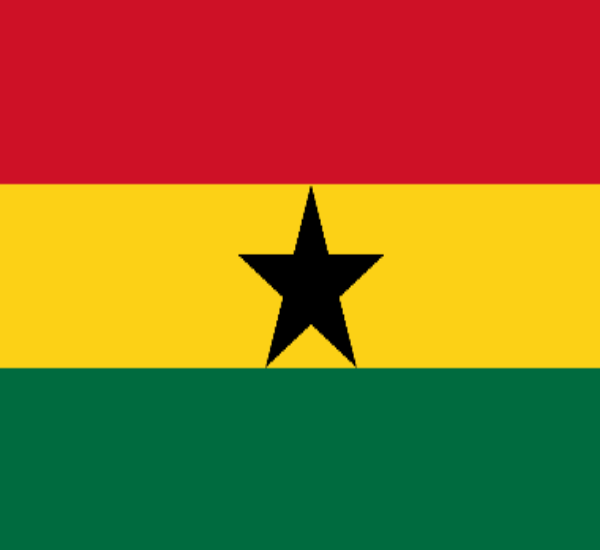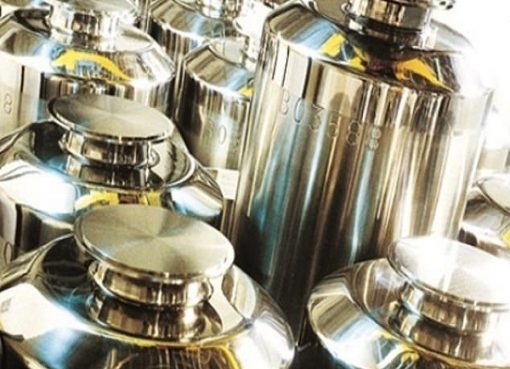To achieve affordable industrial energy, Ghana has announced very ambitious plans to introduce nuclear power into the country’s energy mix. Ghana’s Atomic Energy commission is currently preparing a report on the Nuclear Power Programme and upon presentation to government, a decision would be taken regarding financing the project.
A nine-member board, known as ‘Nuclear Power Ghana’ has been formed by the government to oversee full implementation of the programme. Also, a team has been sent on an observation trip to assess and collect data on possible sites for the Nuclear power project.
The programme is expected to be completed between 10 to 15 years. Once completed, Ghana will become the second African country with nuclear power in its energy mix, the first being South Africa. Ghana hopes to champion the project with its pool of competent, well-trained scientists and functional institutions, some of which include the Nuclear Power Institute, Ghana Atomic Energy, Nuclear Regulatory Authority and School of Allied and Nuclear Sciences.
Minister of Environment, Science, Technology and Innovation Professor Kwabena Frimpong Boateng, said the country had been operating a research reactor for 25 years and could pass for a small nuclear power plant. He also said the country had trained nuclear scientists from other African countries as well as from Pakistan and Iran.
Professor Boateng further revealed strategies to control radiation exposure to humans and environment, with the National Regulatory Authority already drafting regulations including Emergency Preparedness and Response Regulation for Operators, Regulations on the Safe Transport of Radioactive Materials, Design of Nuclear Installations Regulations, Licensing of Nuclear Installations Regulations, Transport Security Regulations and Physical Protection of Nuclear Installations Regulations.
Although one of the biggest challenges of developing nuclear energy anywhere is finance, a third of the almost thirty countries considering nuclear energy globally are in Africa. Ghana, Egypt, Kenya, Morocco, Niger, Nigeria and Sudan are already engaged with the International Atomic Energy Agency (IAEA) to assess their nuclear programmes. For Ghana, cost-effective, reliable electricity is the entry point to higher-value-added manufacturing and export-led growth. A clear nuclear plan is only the first step to getting there.
Source: venturesafrica










